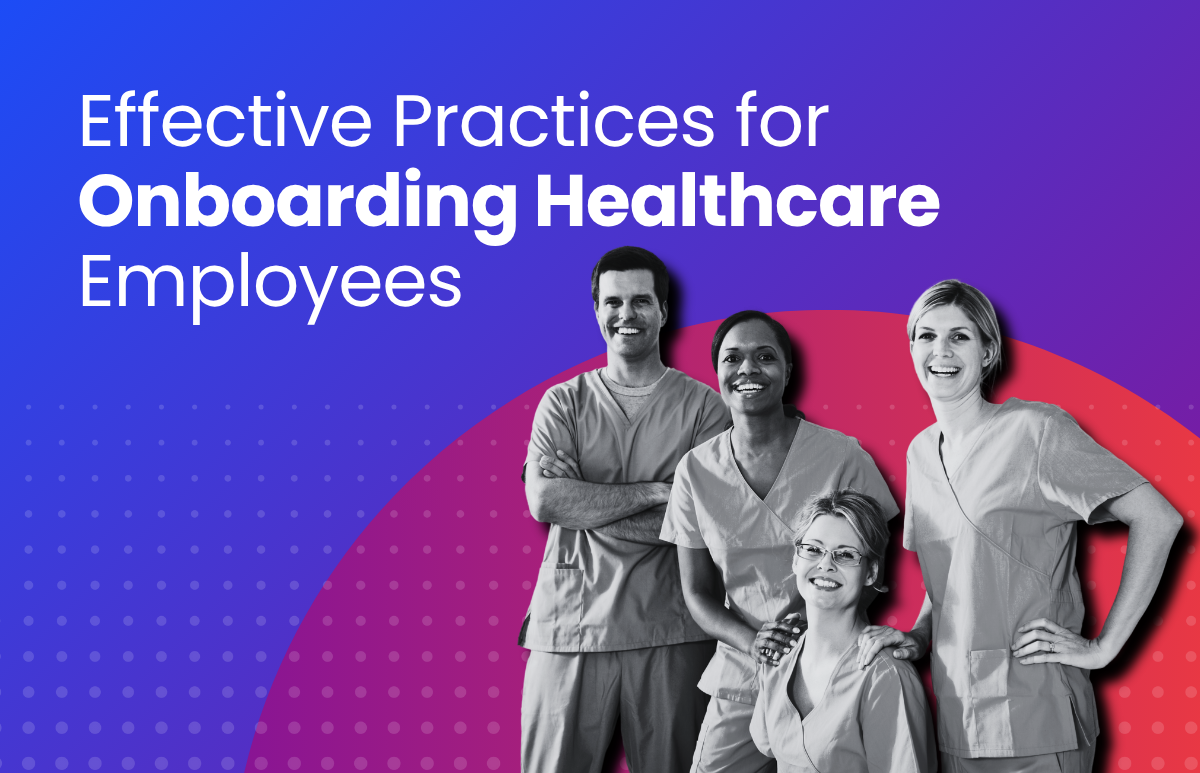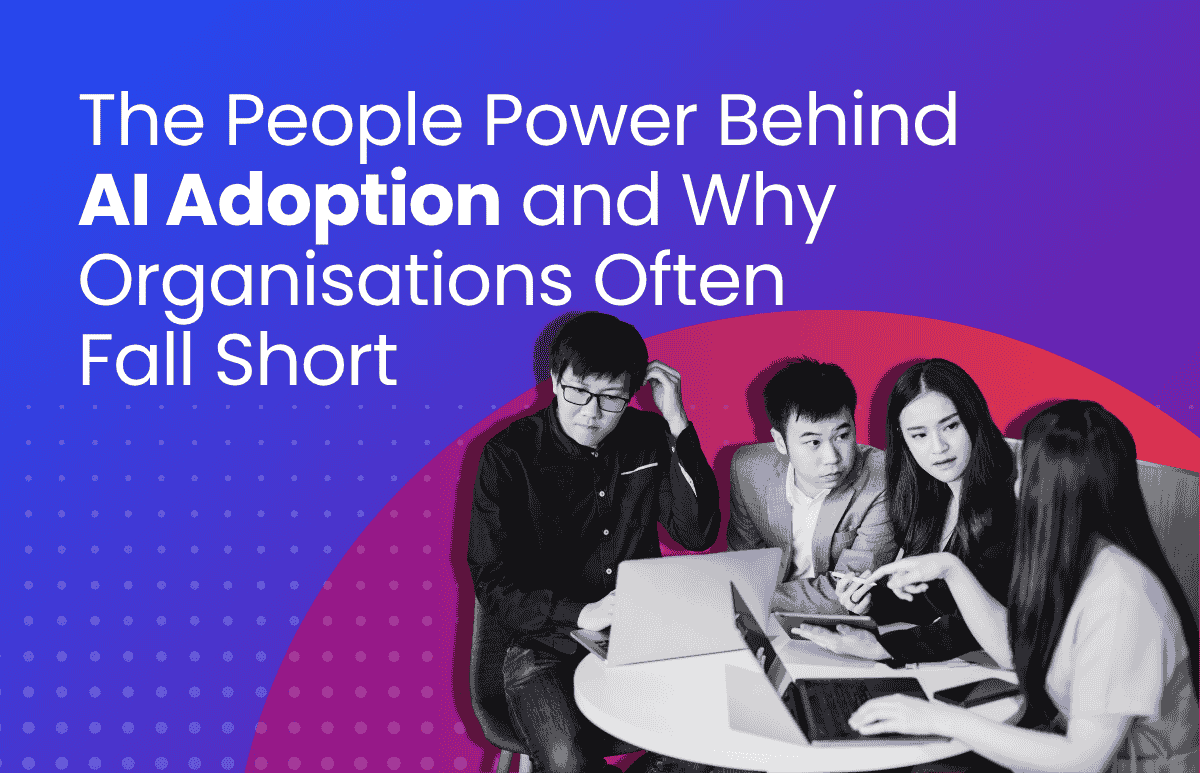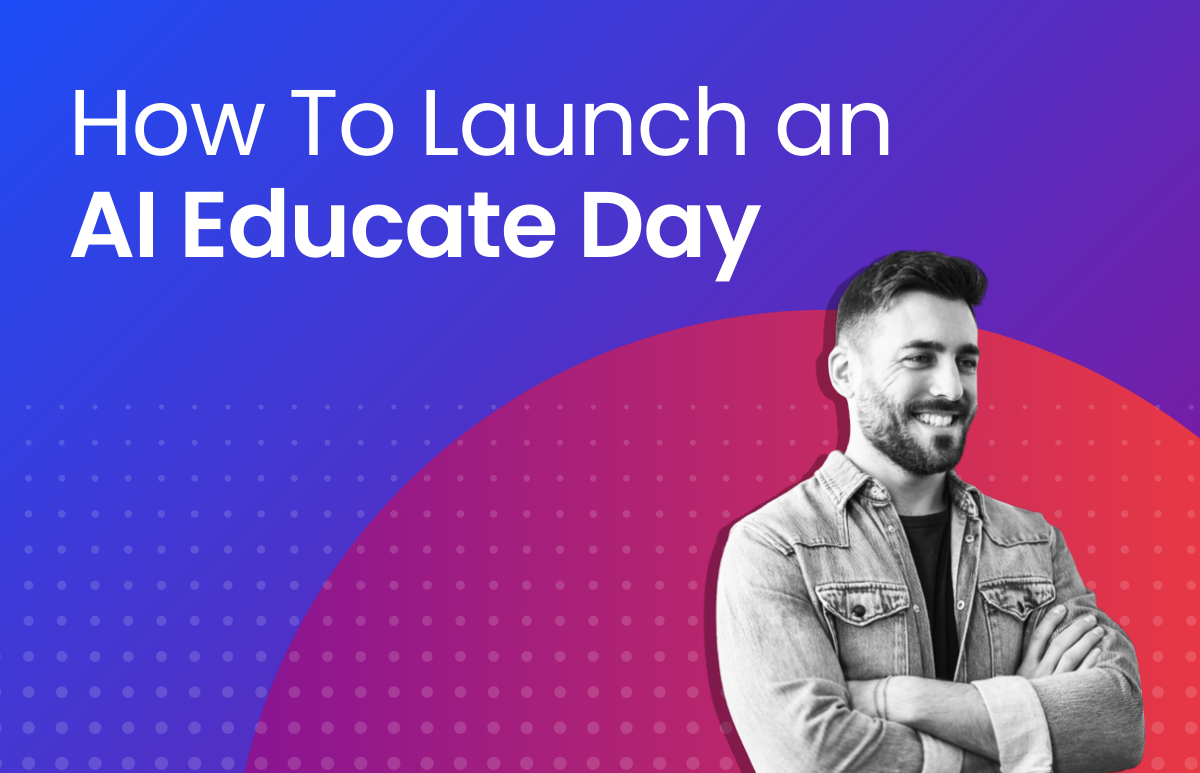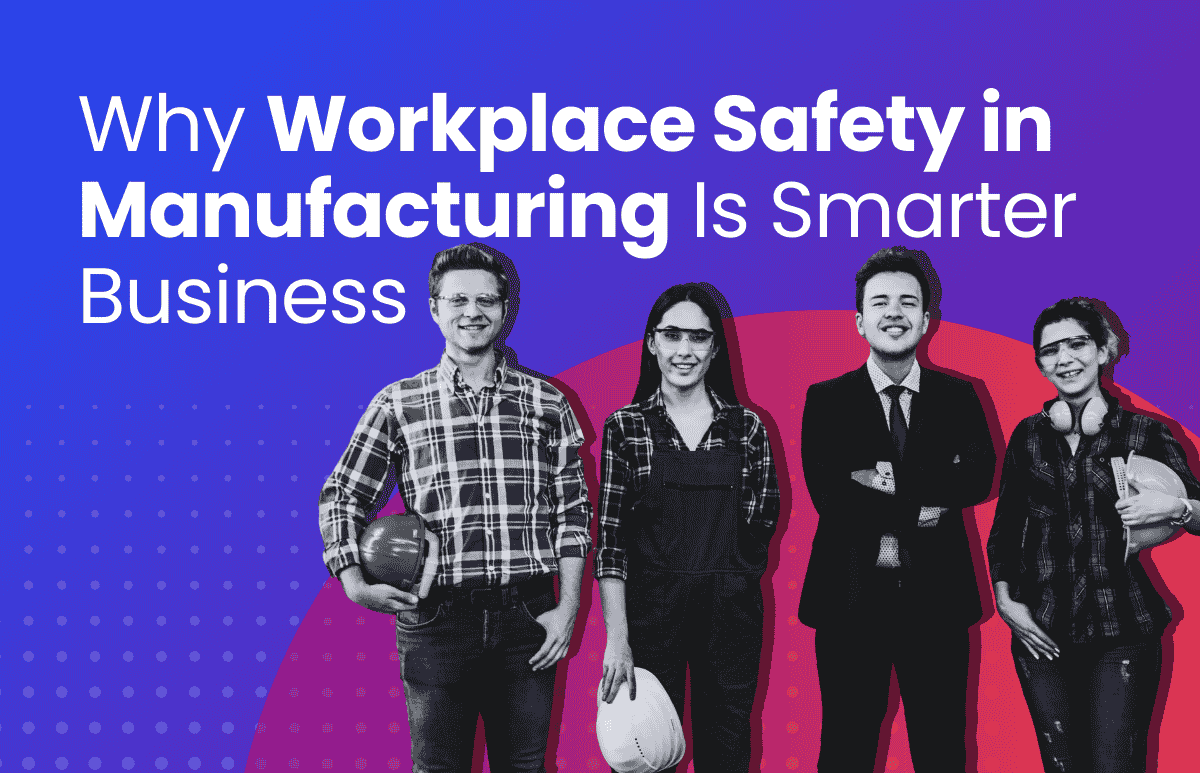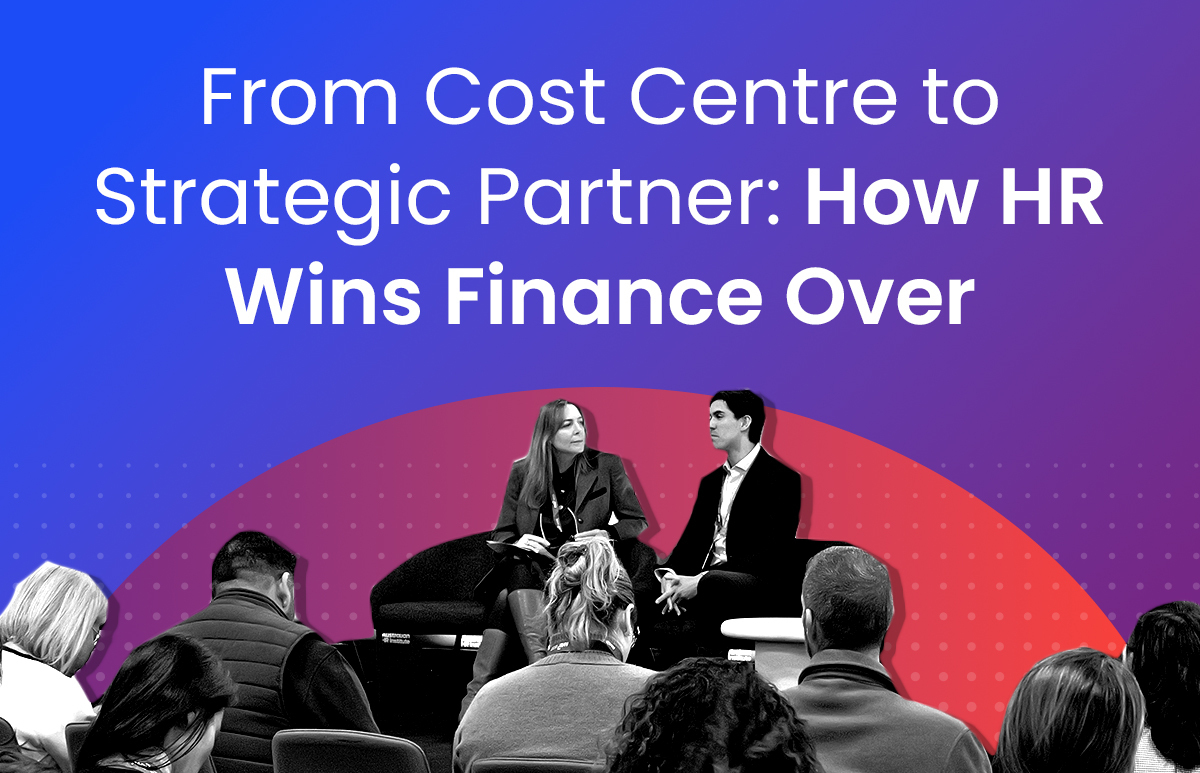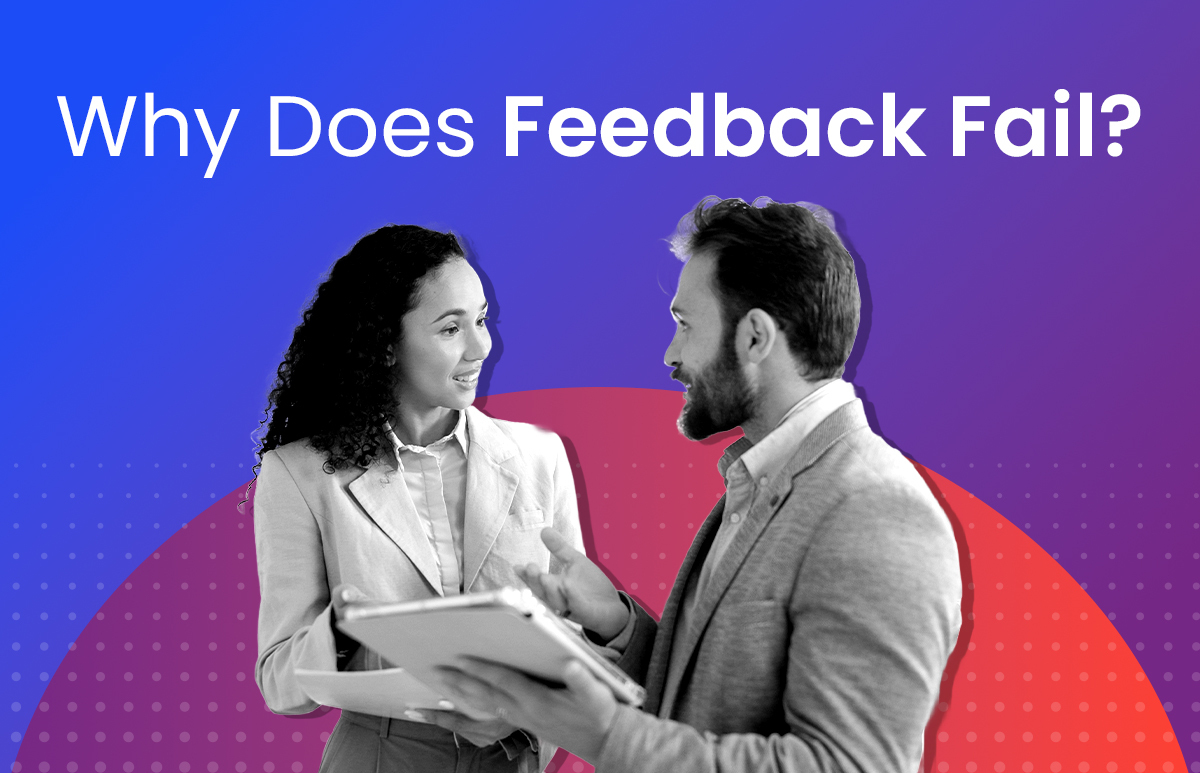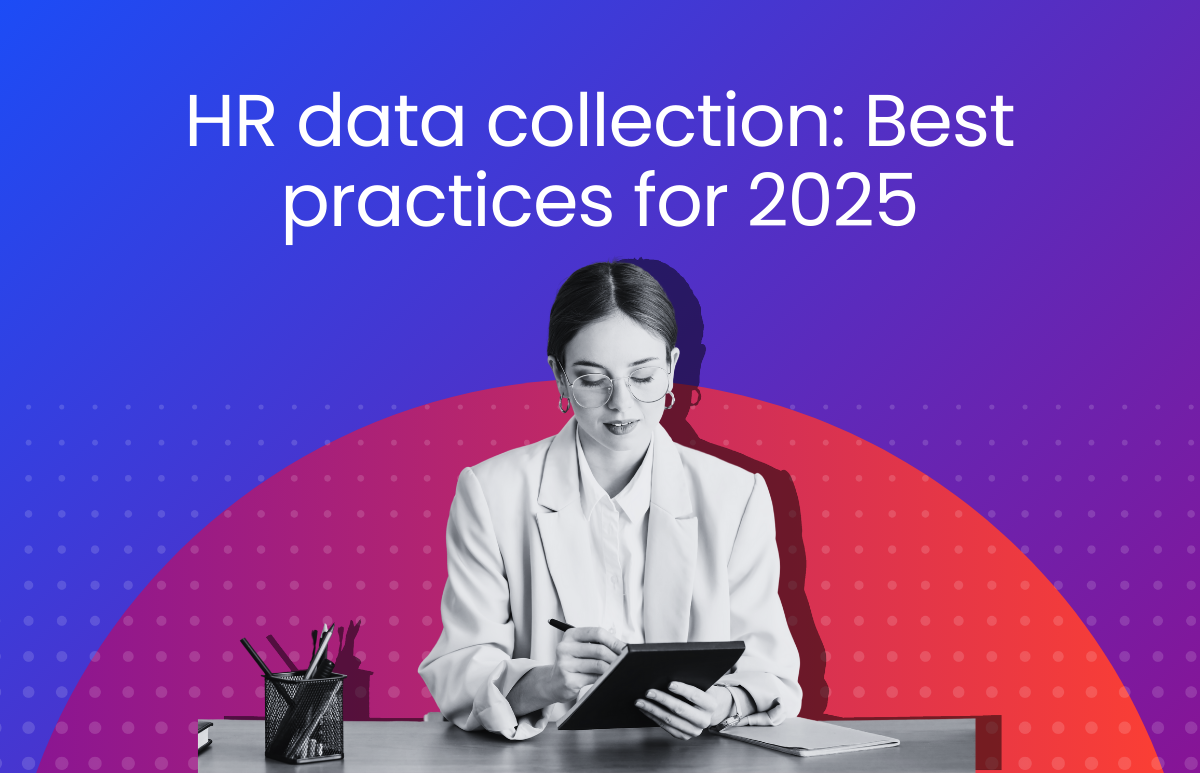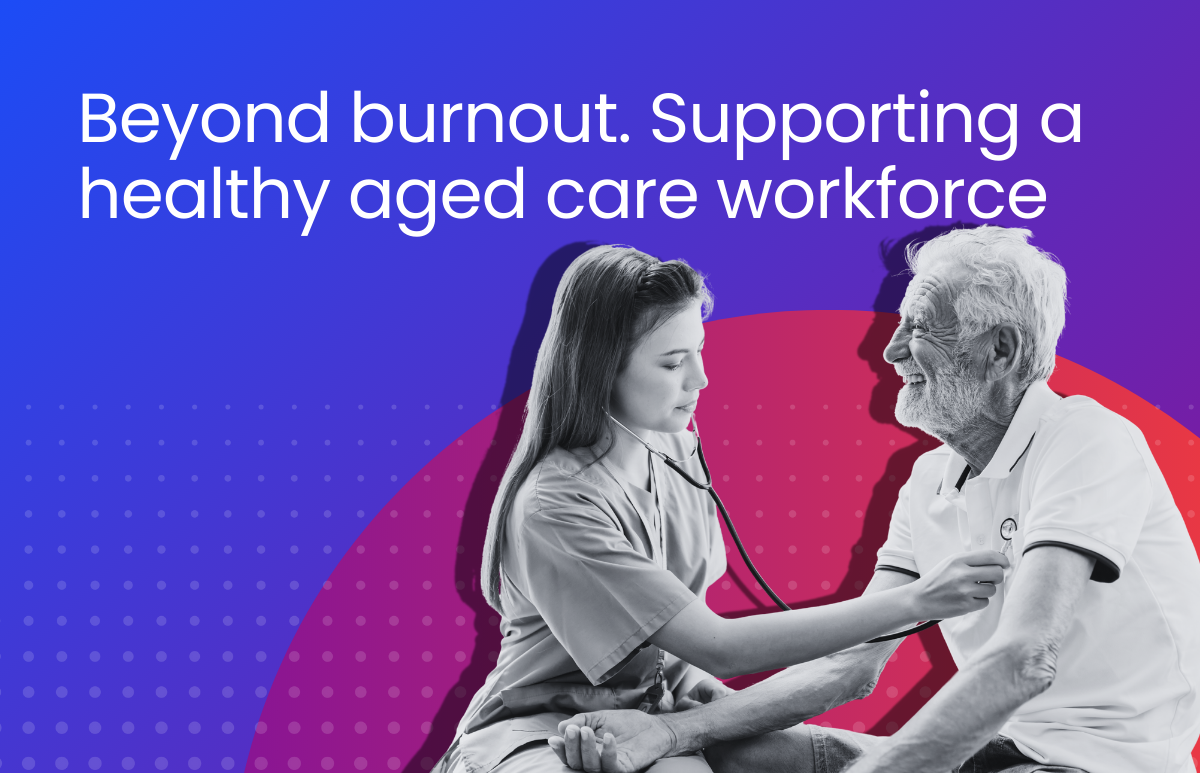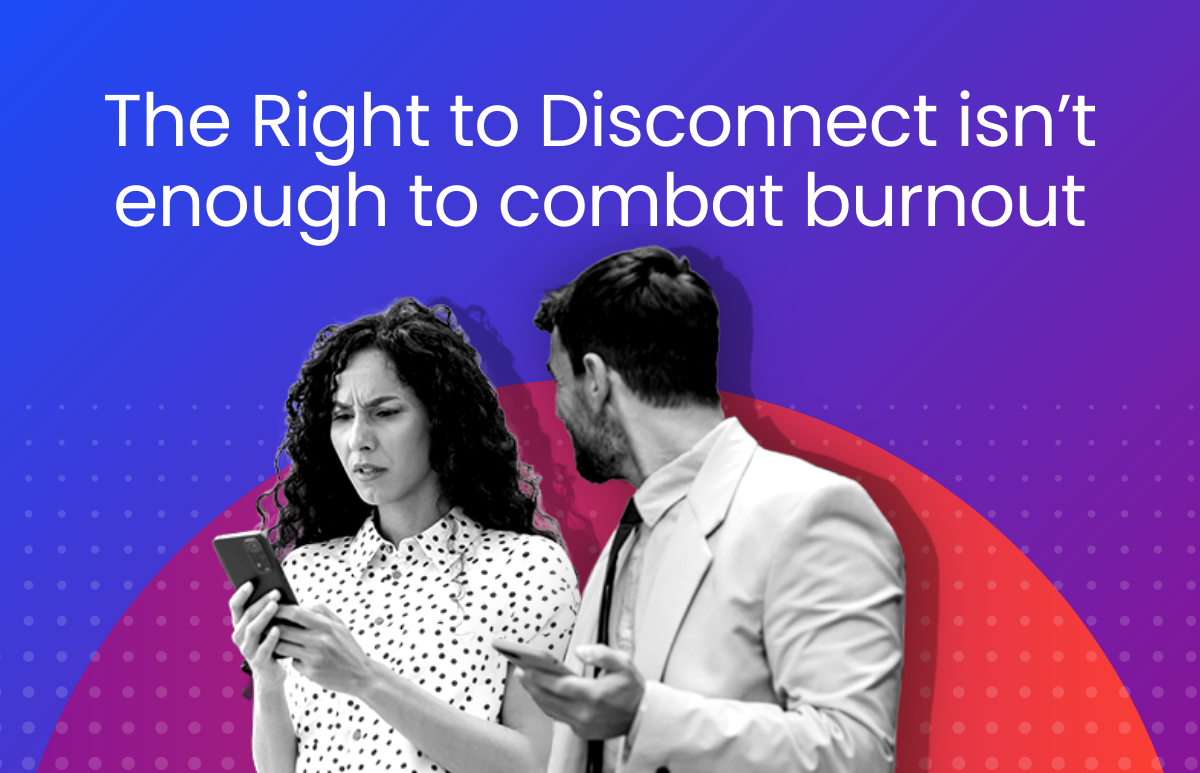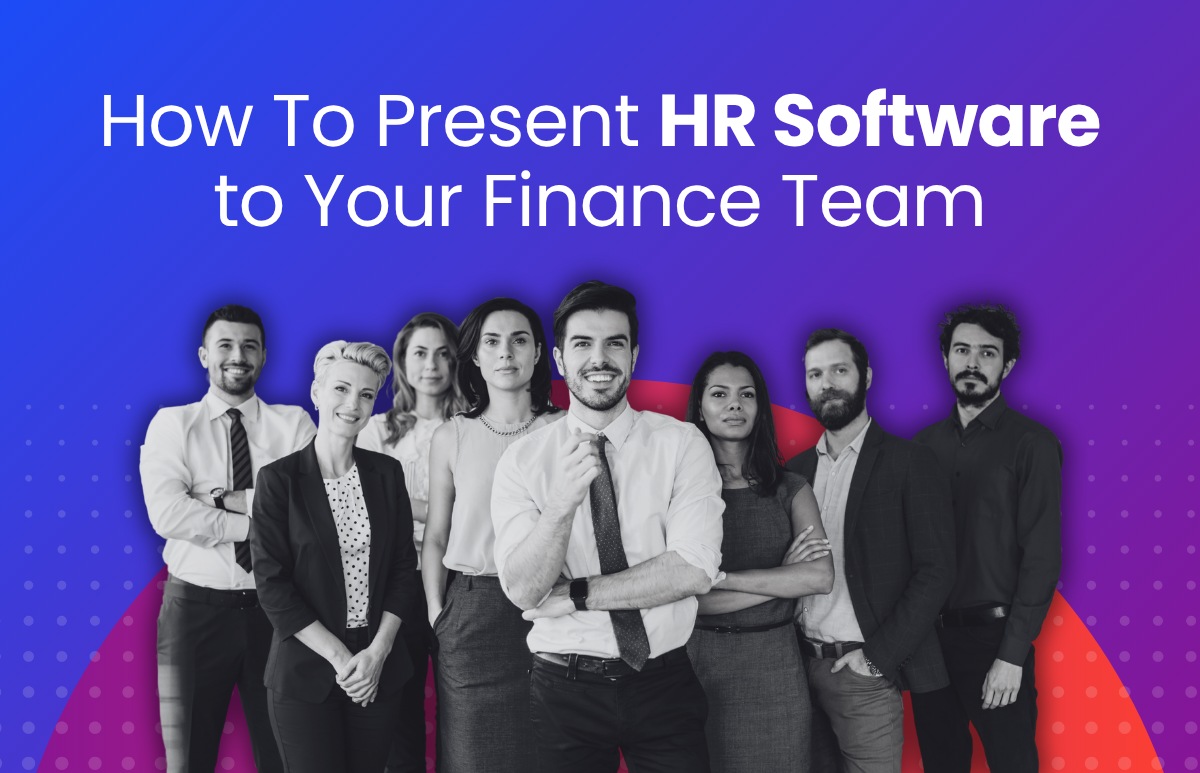Three Tips to Become a Chief People Officer from a Leading HR Recruiter
Becoming a Chief People Officer is the goal for many HR professionals who see themselves climbing the ranks to the top job someday.
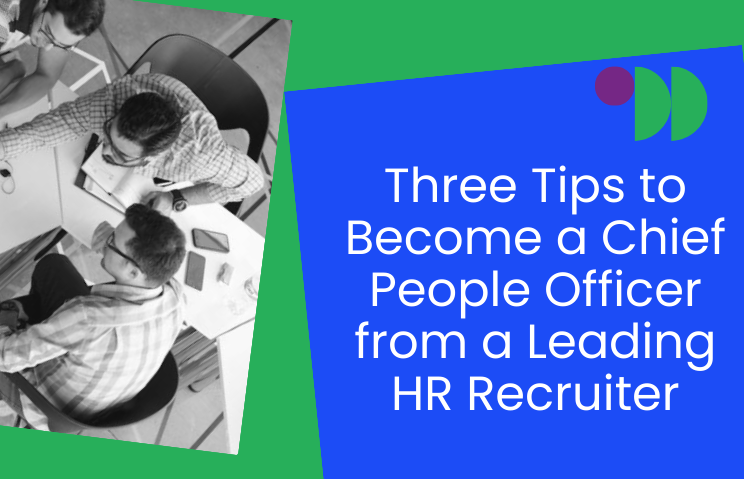
But with the rapidly changing world of work, the skills required for future HR leaders are also shifting. No longer a siloed, admin-heavy department, successful Chief People Officers are true partners to the rest of the business.
At a recent ELMO-hosted panel session, we heard from leading HR recruiter Jeanette White. Jeanette is a partner at Peoplecorp, a specialist HR recruitment firm, and has over twenty years experience in talent acquisition. She now specialises in recruitment for senior HR executive roles across Australia.
Talking at the event to launch this year’s HR Industry Benchmark Report, Jeanette shared her insight on what skills and attributes organisations are looking for in an HR leader today. She offered valuable tips for those wanting to make the move into a Chief People Officer role.
CPO: Executive first, people lens second

Jeanette says on paper, many of the Chief People Officer briefs look similar, and typically there are three key elements an organisation is looking for.
“The first one is being a trusted advisor to the business, but importantly, someone who is an executive first and the people lens second,” she says.
“They want people that are going to comment on product development or sales activities, so you need to really get in and understand your business.”
This is a crucial point. While of course there is an expectation that the candidate is technically very capable within HR, having a range of knowledge and understanding of the wider business is what sets great HR leaders apart from the rest. It’s easy to get siloed in your department and believe that your HR skills alone will be enough to rise to the next level. So what should you do if you don’t yet have a wide level of business knowledge?
“Get curious,” says Jeanette. “Take a secondment into the business to go and actually work in those other departments so you truly understand what’s happening. It’ll make it much easier for you to position yourself for the CPO role later on.”
Chief People Officers learn how to navigate ambiguity

We often talk a lot about the importance of data-led decision-making as a senior HR leader. And while data is important, Jeanette says successful Chief People Officers are comfortable making decisions without having all the answers.
Given the rapid speed of change – particularly during the COVID-19 pandemic – HR leaders were having to navigate ambiguity like never before. They had to be able to weigh up scenarios and risks with very little information to hand. While lockdowns are now behind us, businesses are still moving at a fast pace.
“A CEO is looking for someone who can make decisions without having every single little piece of information because things are always changing,” says Jeanette.
Fellow panellist Olivia Richardson, Chief People Officer at Peter Warren Automotives, echoed Jeanette’s point, saying that the willingness to move quickly on initiatives is critical for today’s HR leaders.
“I think there’s an expectation now that we execute really well but also really quickly. We’re not afraid to fail,” she says.
Embracing a fail fast mindset allows HR leaders to react quickly to change, but also improve and iterate on the go.
Chief People Officer: Embrace flexibility

Jeanette says we’ve come a long way since the days of black and white decision-making. No longer the ‘policy police’, strategic HR leaders play a far greater role as advisors to the business units they work with.
But given the complexity of the workforce today, Chief People Officers need to be flexible with their problem-solving abilities, thinking innovatively to find solutions rather than taking an all or nothing approach.
“They want to hear about what their options are and the consequences of those. As a CPO, often your role is to advise but at the end of the day the decision likely does sit with the CEO,” she says.
“I’ve known plenty of people who’ve had to sit back quietly knowing the wrong decision is being made, but you can guarantee the next time when it happens they’re going to come back to you, ask your opinion and they will listen.
“So sometimes, you’ve got to fail once to be able to get the win in the long-run.”
If you’re an HR professional with the CPO role on your horizon, make sure you consider these three important attributes:
- Developing a wide understanding of the business
- Getting comfortable making decisions in an ambiguous environment
- Providing flexibility of choice in your problem solving
The 2024 HR Industry Benchmark Report also shares insight into the skills HR leaders need for the future. It highlights the importance of AI skills, strategic working decision, and the ability to align business goals with HR metrics.
The report surveyed 700 HR Professionals in Australia and 500 HR Professionals in New Zealand, getting to the heart of the top challenges, trends and opportunities for the industry.
 HR Core
HR Core 